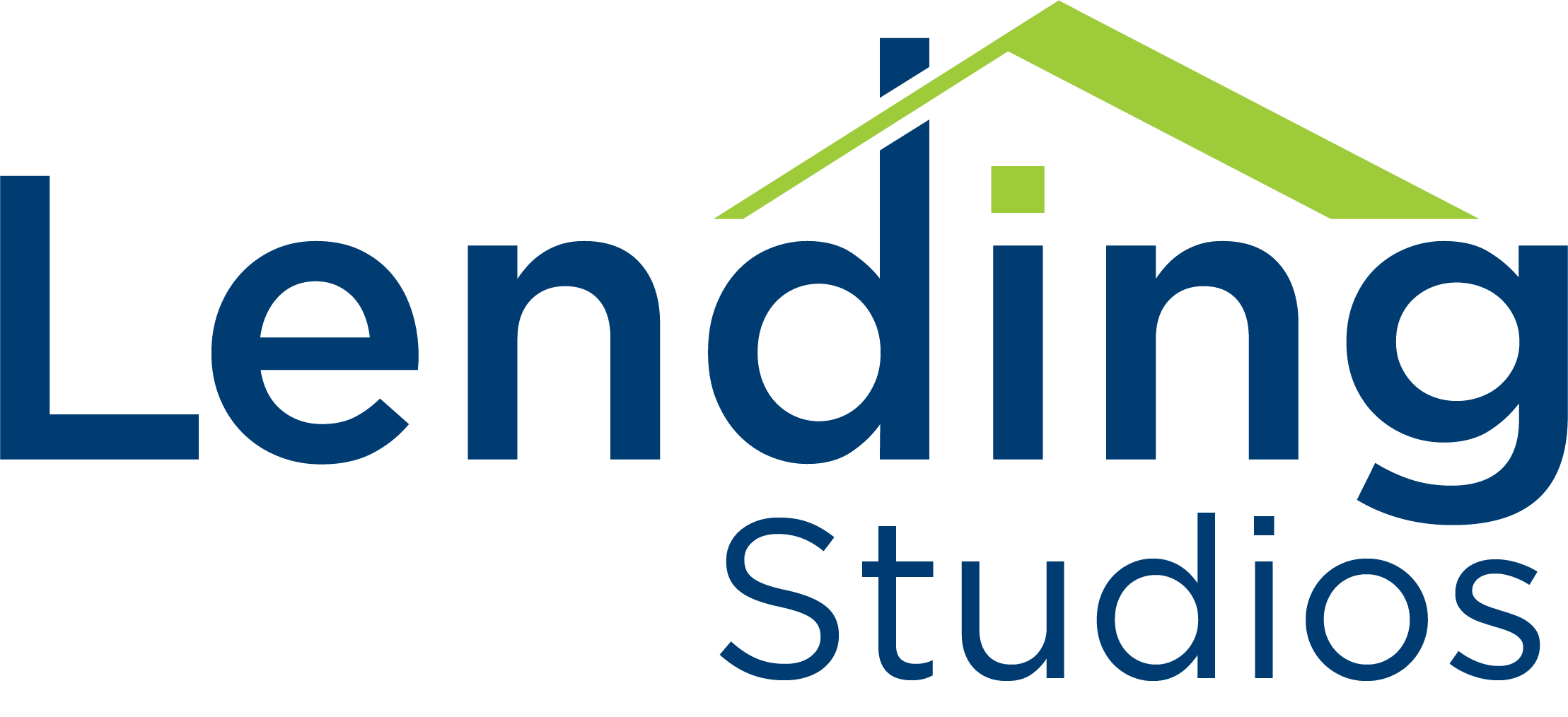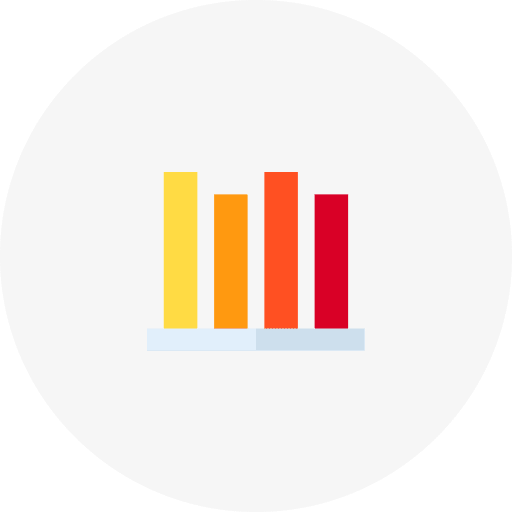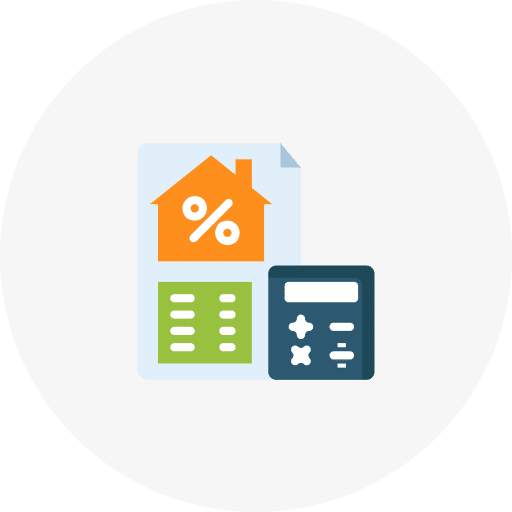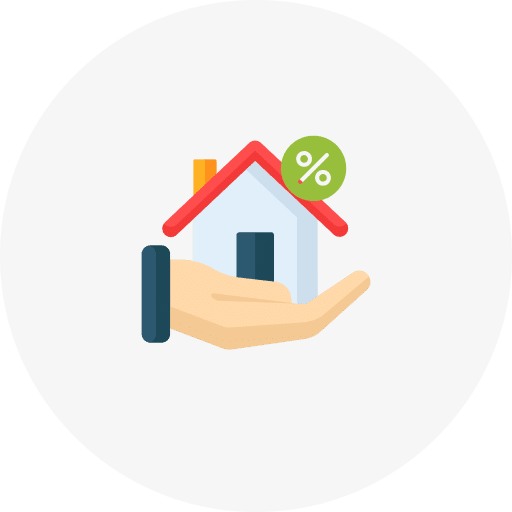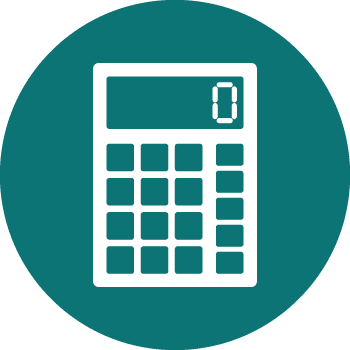Home Loans
Know Your Options
Below, we’ll explain to you the different kinds of home loans available through Lending Studios.
The more you know about home loans, the better you will fare in the application process. Home loans differ in multiple ways, offering borrowers options to meet diverse needs. Lending Studios will help prepare you to partner with the lender who offers the best home loan for your unique needs. If multiple loan types fit your situation, you can investigate different loan scenarios and then request quotes from several lenders to shop the best deal. Read on to learn about the categories of home loans as you begin the exciting process to home ownership.
How Home Loans Are Categorized
Home loans, meaning mortgage loans, are grouped by size of loan and by their association (or non-association) with a government program. Ultimately, the home loan you choose will factor in: 1) how much you need for a down payment; 2) the total loan repayment amount with interest and mortgage insurance factored in; 3) how much you can borrow; and 4) the home purchase range you qualify for. (Test out what you can afford by estimating your monthly mortgage payment with our mortgage calculator tool.)
Conventional Home Loans
Most home loans that borrowers pursue are conventional home loans. (“Conventional” in this case means that the loan is not part of a government program.) These loans are more affordable than a Federal Housing Administration (FHA) loan, but qualifying for a conventional loan may be more difficult for those with marginal credit or income.
Conventional home loans are subdivided into two categories: conforming loans and non-conforming loans. The government sets the maximum loan amount for conforming loans, while the other stipulations of these loans are defined by Fannie Mae or Freddie Mac, (companies that grant financial backing for conforming loans.)
Non-conforming loans are less regulated. The lender can set eligibility and pricing standards. Both types of loans can require mortgage insurance depending on the borrowers’ down payment amounts and credit history.
FHA Loans
The Federal Housing Administration (FHA), supervises and insures FHA loans. It is important to understand that the FHA is not the lender. Private lenders are still the originators of these loans. FHA loans are attractive to qualifying borrowers because they require lower down payments (as low as 3.5 percent) and give borrowers with lower credit scores a tool for home ownership.
If you are a borrower with good credit and can afford a 10-15 percent down payment and FHA loan may be more expensive for you than a conventional loan. Make sure and compare the two options before making a decision.
Also, FHA loans, have loan ceilings that are determined by the county you wish to purchase. Mortgage insurance (paid monthly) is required for all FHA loans. (Use our FHA Loan Calculator to estimate your monthly FHA loan payments.)
VA Loans
Another category of loans caters to certain specialty groups of borrowers. The Department of Veterans’ Affairs (VA) has a loan program for eligible veterans, current service members, and surviving spouses. VA loans are tendered by private lenders and backed by the VA. If you are eligible for a VA loan, they can be a great option since they offer low-cost refinance options and protections if you find yourself in repayment trouble later. Unlike conventional and FHA loans, they do not require mortgage insurance, saving you that monthly mortgage add-on. Borrowers can obtain VA loans with low (or zero) down payments. If you have funds for a standard (20 percent) down payment and good credit, consider a conventional loan; a VA loan may be more expensive for you. (Use our VA Loan Calculator to help determine what your monthly mortgage payments would be.)
USDA Loans
The US Department of Agriculture extends a similar loan package to the FHA and VA, for low- and moderate-income borrowers in rural areas. Eligible borrowers can qualify for USDA loans with zero down payments, but will need to plan on mortgage insurance for these loans. (USDA loans are usually cheaper than FHA loans so compare both options if you are eligible for both.)
Local Loans
Homeownership provides stability for local communities, local governments and states. Because of this, local/state government nonprofits have loan programs to make home loans and home buying more affordable/obtainable for community members. Programs are designed to benefit low/moderate-income families who are trying to buy their first home. These programs are great for teachers, firefighters, and other public service employees, or buyers looking to purchase a home in a certain neighborhood.
These local/state programs grant down payment assistance for FHA or conventional loan types. Other programs lend money through subsidized loans.
To find out if you qualify, contact a local housing counselor or discuss with local lenders about these unique programs.
Mortgage Calculators
Quickly predict your monthly mortgage payment and interest with this customizable tool!
Mortgage Resources
Leverage the tools you need to find a borrowing solution that fits your particular needs and budget.
Mortgage FAQs
Get answers to the most commonly asked mortgage questions.

